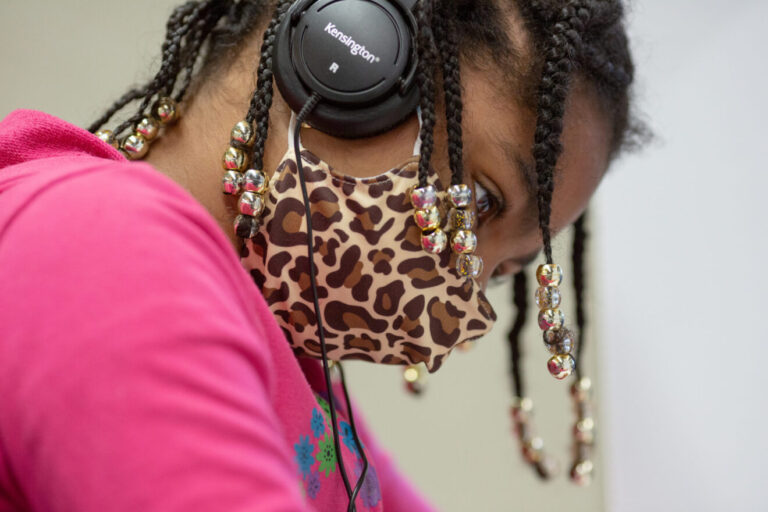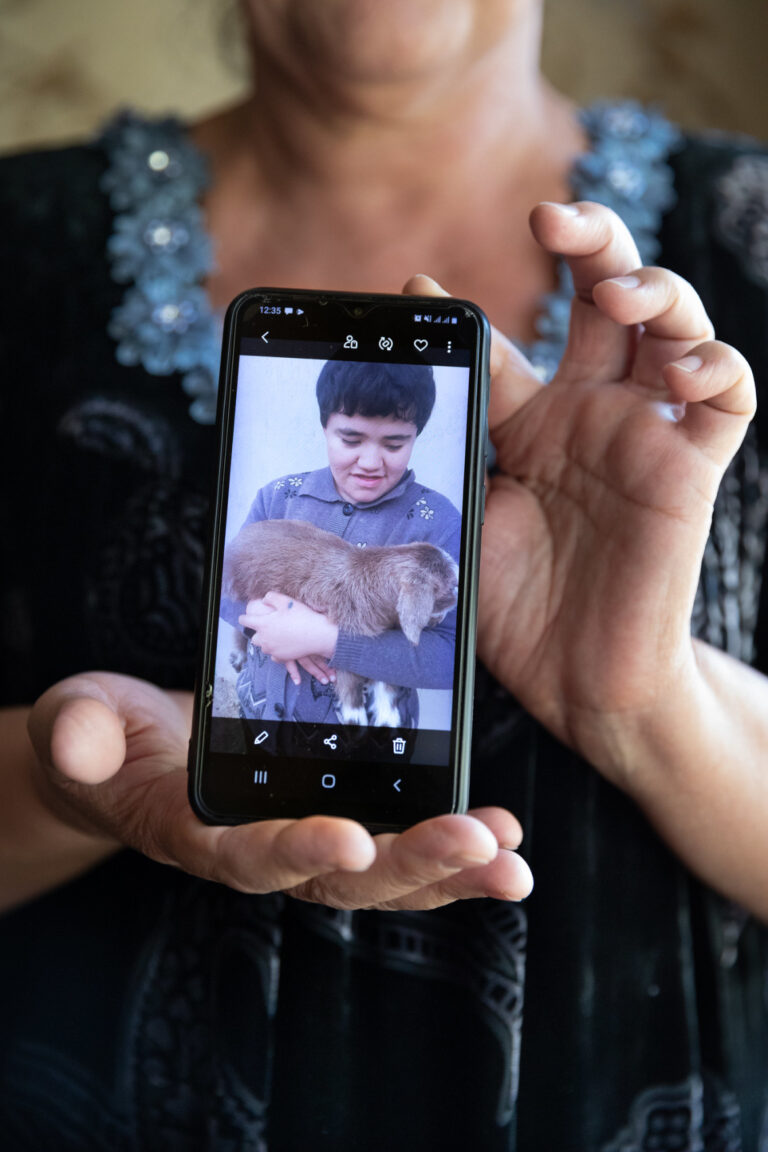The unemployment rate in Australia for autistic people is 34.1%, according to the most recent data. This is more than three times the rate for people with disability (10.3%) and almost eight times the rate of people without disability (4.6%).
Autistic people are more likely to work part-time or be employed in roles that under-utilise their skills. Our research has similarly found that autistic adults in Australia are unemployed or under-employed but eager to be engaged in meaningful employment that uses their skills and qualifications.
What jobs can autistic people do?
We asked more than 2,000 non-autistic Australians this question. The majority agreed that autistic people could be artists or musicians, supermarket shelf stackers and computer programmers. However, far fewer believed they could be lawyers or doctors.
While we read a lot about autistic people being ideally suited to IT roles, we need to move beyond that stereotype. Autistic people can and do succeed in a wide range of careers. If you are looking for inspiration beyond the stereotype of the computer nerd, check out lawyer Haley Moss, comedian Hannah Gadsby, journalist Eric Garcia, or Nobel Prize-winning economist Vernon Smith.
Read the full article on The Conversation website.






